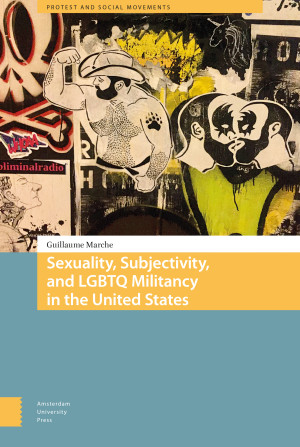Preface
Chapter 1 Introduction
Subjectivity, militancy, and political opportunities
A micro-sociological approach "from below"
Why the united states?
Terminology
Chapter 2 Of homosexualities and movements
The homophile movement
The gay liberation movement and the eruption of sexuality
Gay communitarianism and the privatization of sexuality
The advent of aids and the resurgence of activism
Sexualization and strategic essentialism
Legitimation, integrationism, and desexualization
Recognition of marriage and desexualization
Chapter 3 From fragmentation to coalescence
The moral conservatism of the 1980s
Act up: provocative lesbian and gay activism
Aids, lesbianism, and male homosexuality
Depolarization, appeasement, and assimilationism
Institutionalization, status, and conduct
Substantive rights and collective mobilization
Chapter 4 Sexual fulfillment and political disenchantment
Militant disengagement
Privatization and commodification
LGBTQ pride controversies
An idealized identity
Authenticity
Gratification, engagement, and disappointment
Idealized identity, homogeneity, and aids
Reasons for engagement, reasons for withdrawal
Chapter 5 Sexuality and empowerment
Subjectivity, erotics, and mobilization
Young people's sexuality
LGBTQ youth as social actors
Daring to talk about lgbtq young people's sexuality
Homosociality, desire, and ethnicity/race
Sexuality and public spaces: sex panic!
Sexuality, intimacy, and empowerment
Sexualizing lesbianism
The "doldrums" and abeyance structures
Refocusing action on pleasure
Chapter 6 Mobilization on the threshold of the political
Guerrilla theater
Maintaining grassroots activism
Subaltern action
Infrapolitics
An extreme case: the sisters of perpetual indulgence
Three sisters
The significance of insignificance
Chapter 7 Conclusion: toward new identity forms
A winning movement
Polymorphic mobilization
What can we learn from this?
The interviewees
References
Index
Acknowledgments

